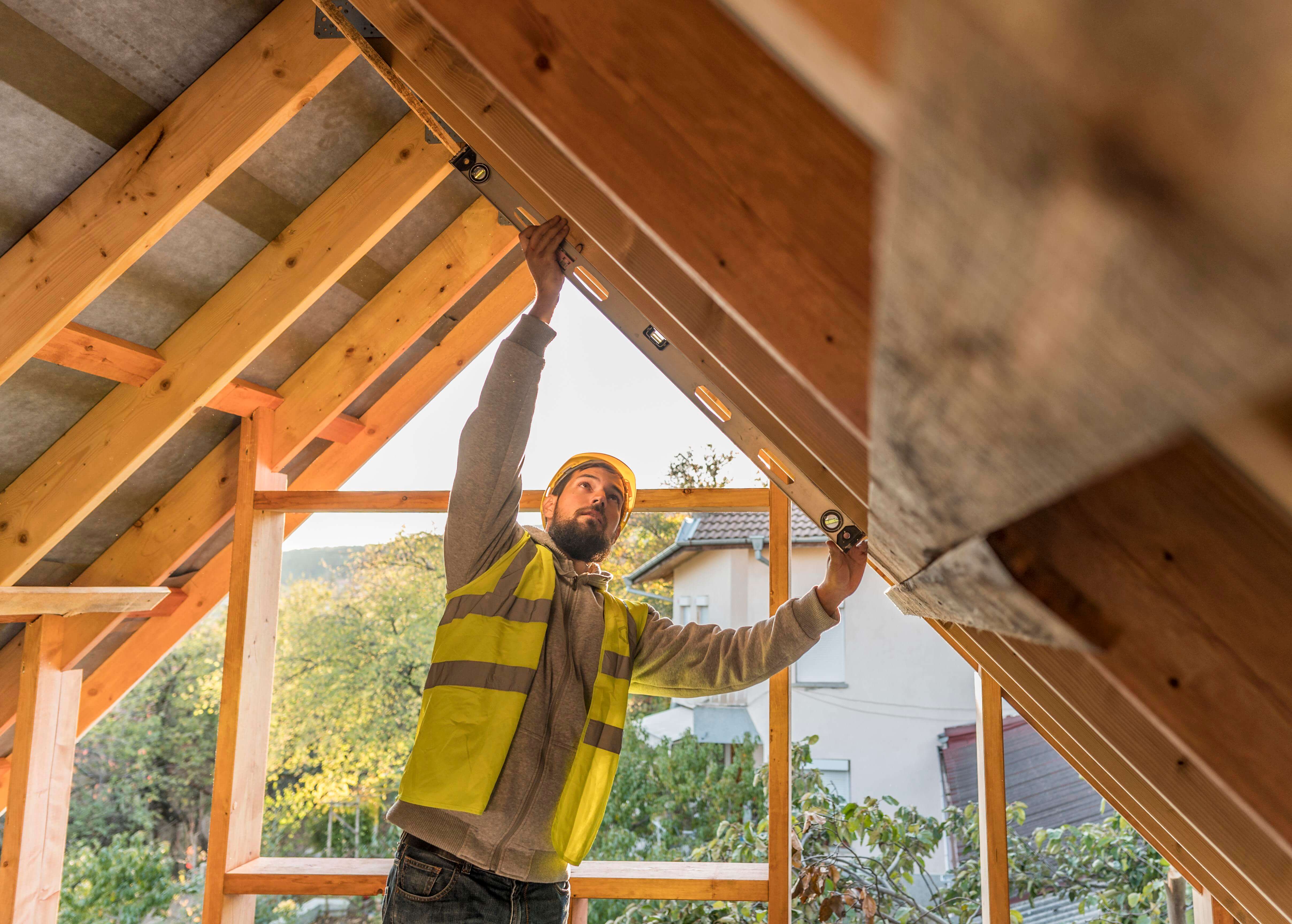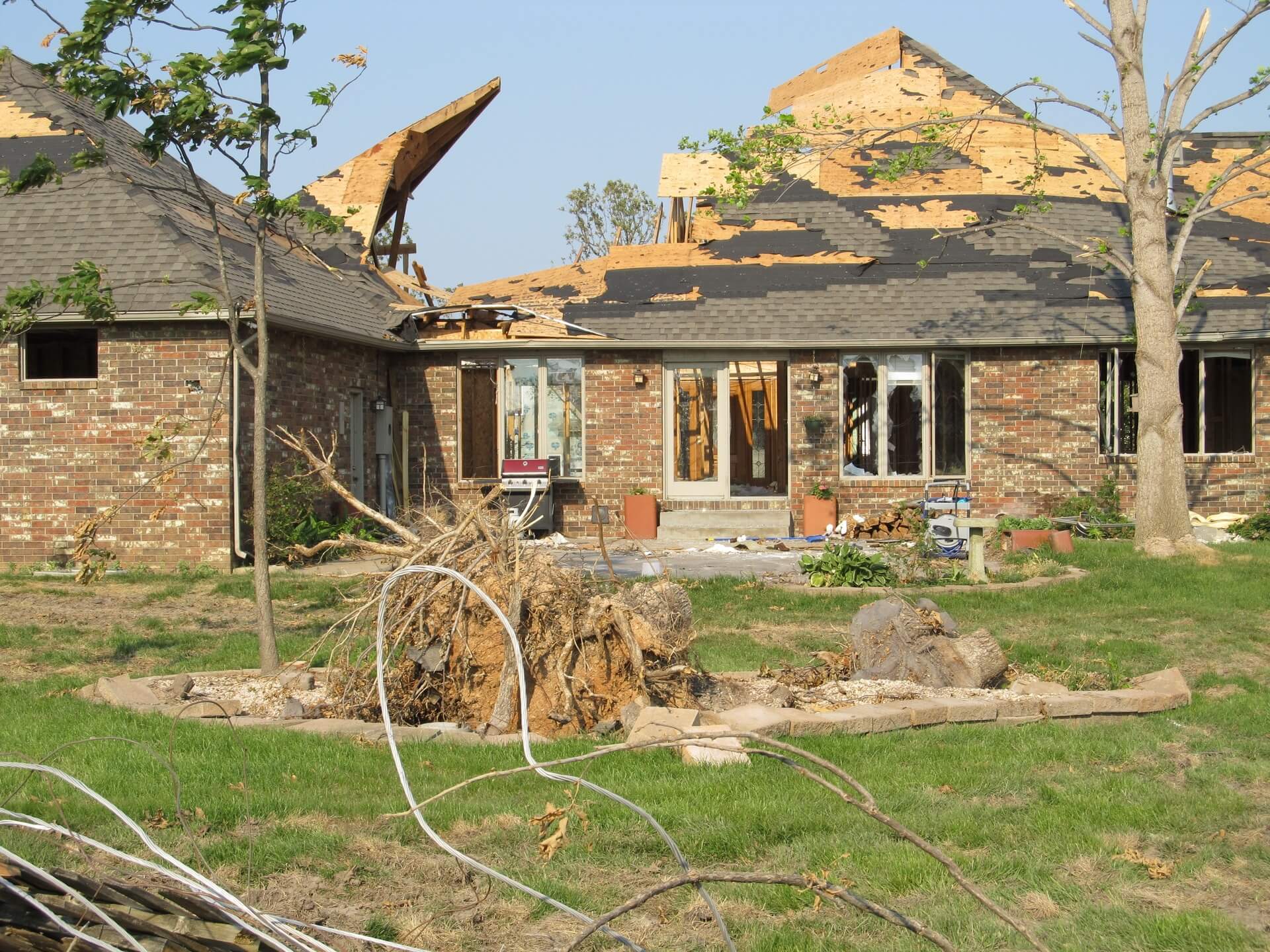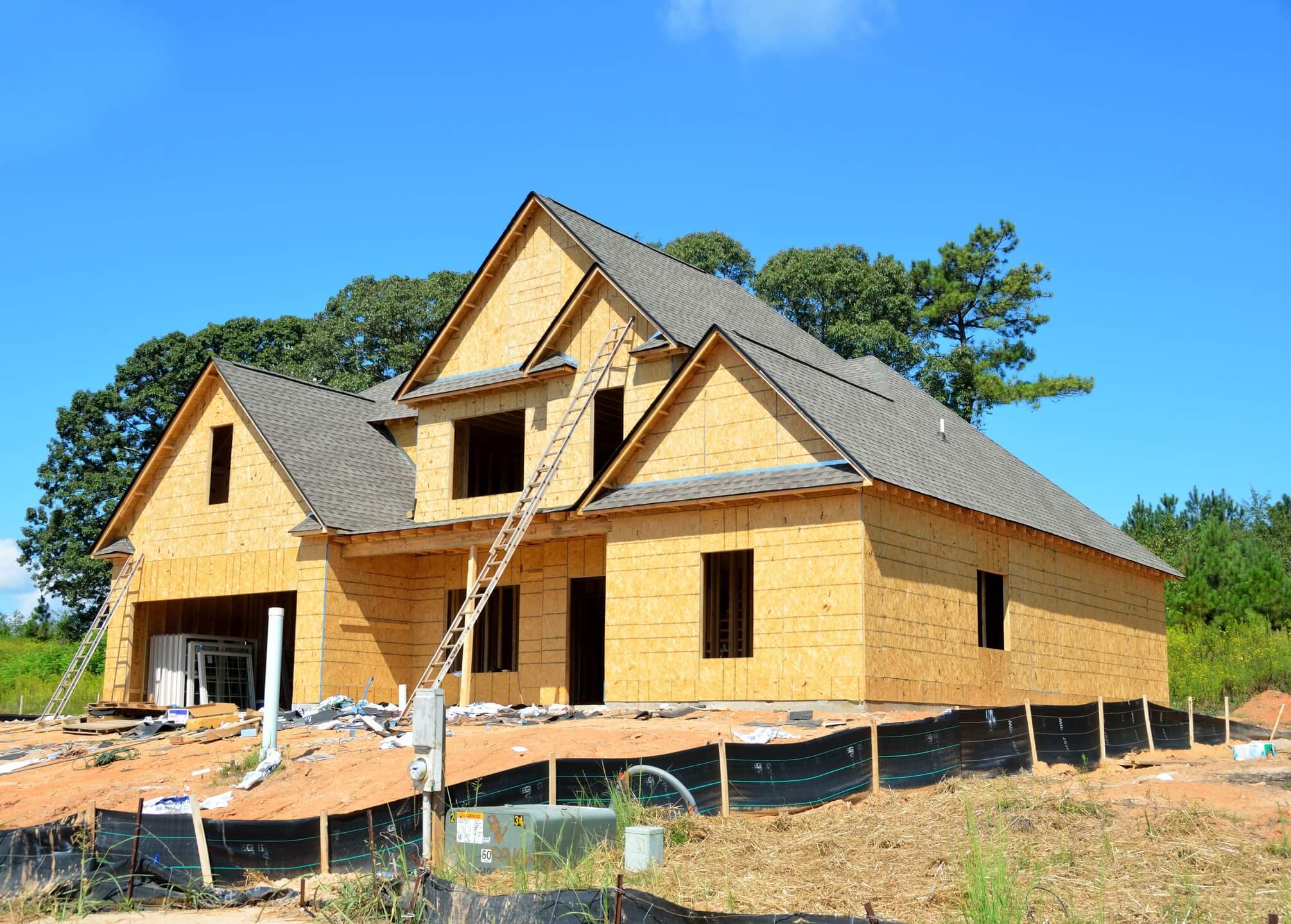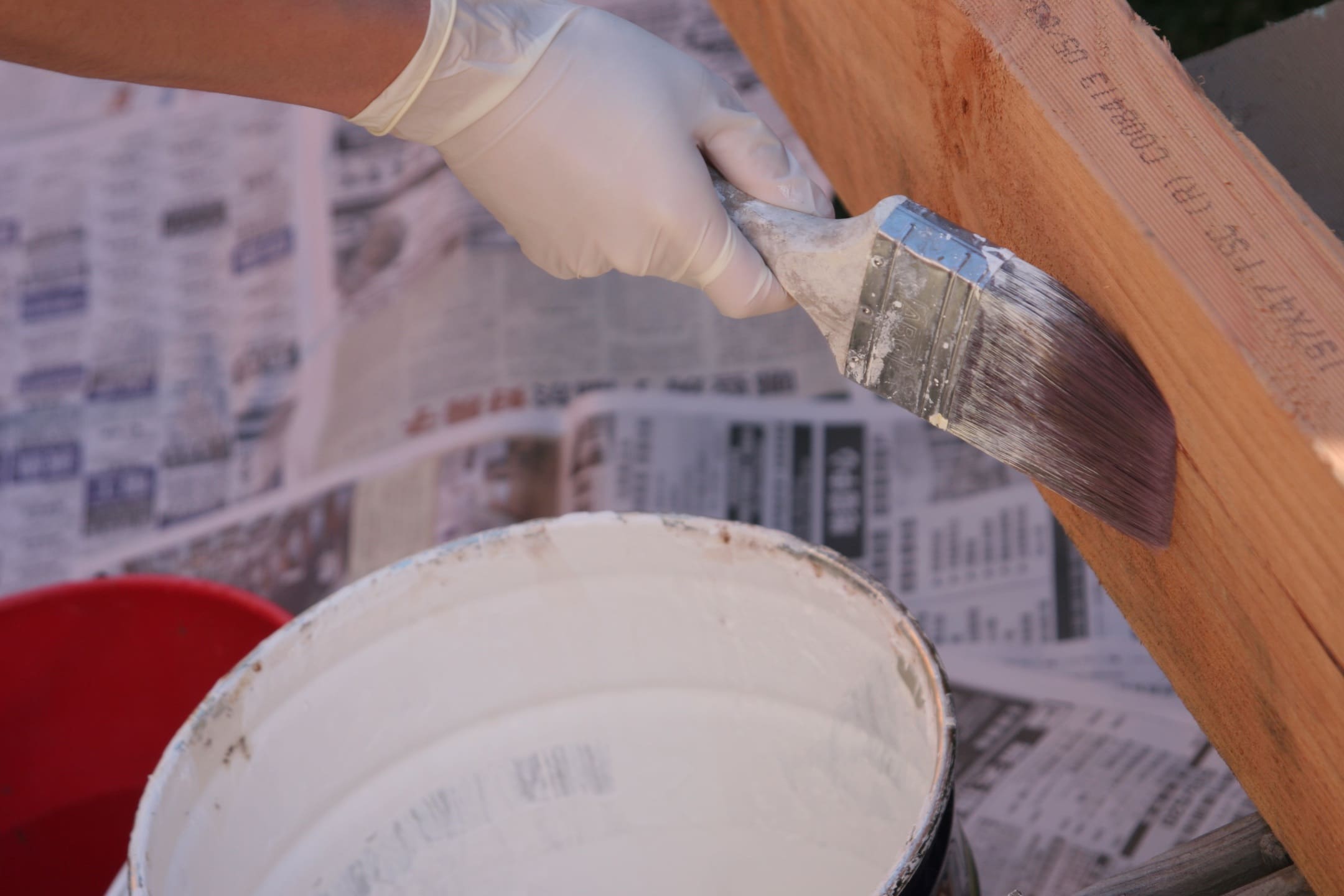Not all building projects are about renovating your home; sometimes, you need to repair your home after damage such as a fire, flood, or extreme weather.
Photo by form PxHere
When that happens, the repair work you do should be covered by your home insurance policy, but it’s not always that simple.
It’s relatively common for complications to come up during the insurance claims process. They can range from communication issues down to the depreciation of your roof. Any of them can be expensive if they’re not handled with care.
First, check out these 5 common problems with home fire insurance claims if you’re nervous about what to expect.
Once you’re familiar with what can go wrong, you need to know how to bounce back. These are some of the best ways to respond or get ahead of complications with your insurance claim.

Get Help Filing Your Claim
Insurance claims can be complicated, and with potentially tens or even hundreds of thousands of dollars on the line, it makes sense to bring in an expert. You’re not an expert in insurance claims, but someone who handles them on a routine basis can make sure that your paperwork is complete, that you understand everything your policy covers, and that you haven’t left any important losses off of your claim.
Negotiate If the Offer Isn’t Enough
When you finally do get an offer from your insurance company, you might feel that the offer is disappointing. It’s important to remember that the insurer’s offer isn’t necessarily final. It may even be a starting point for them as they expect you to negotiate.
One of the things homeowners can do to start negotiating with their insurers is to get an independent appraisal. You can hire a third party to review:
- The extent of the repair work that needs to be done;
- The value or replacement cost of covered structural work;
- The value or replacement cost of personal belongings.
At this stage, bringing someone in to help is the best thing you can do for your claim.

How to Challenge Insurance Claim Denial?
Having your claim denied is devastating. Without the insurance funds, how can you begin to rebuild? There are several reasons an insurer may be able to deny a claim legitimately. For example, most insurance policies have rules about how long a property can be vacant before coverage ceases. If you left your home empty for too long and a pipe froze and burst, your claim on the water damages can be turned down.

In other cases, the denial may be the result of poor communication or an incomplete claim being made. You may just need the help of someone like an insurance lawyer, who can review your claim and contact the insurer.
If all else fails, they can also take legal action on the claim, though it’s usually preferable to avoid such a dispute if there is an alternative way to proceed.







